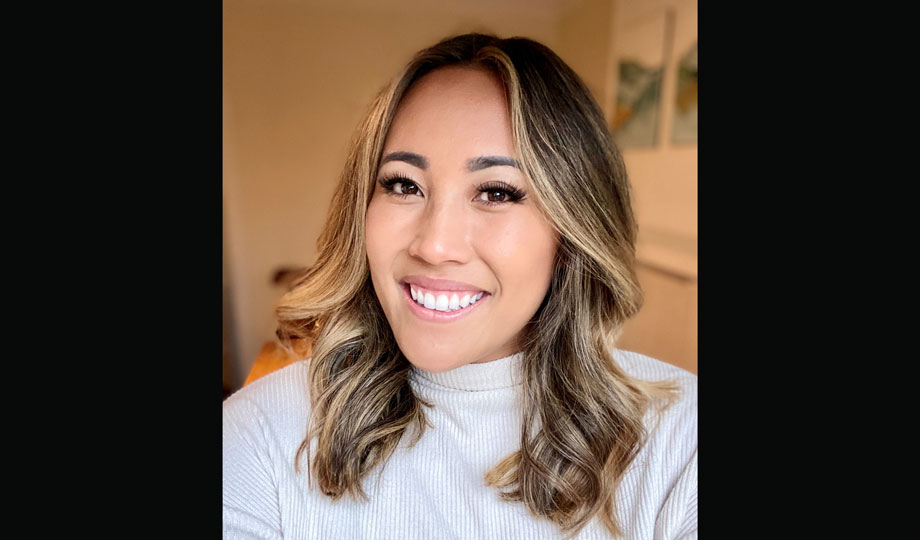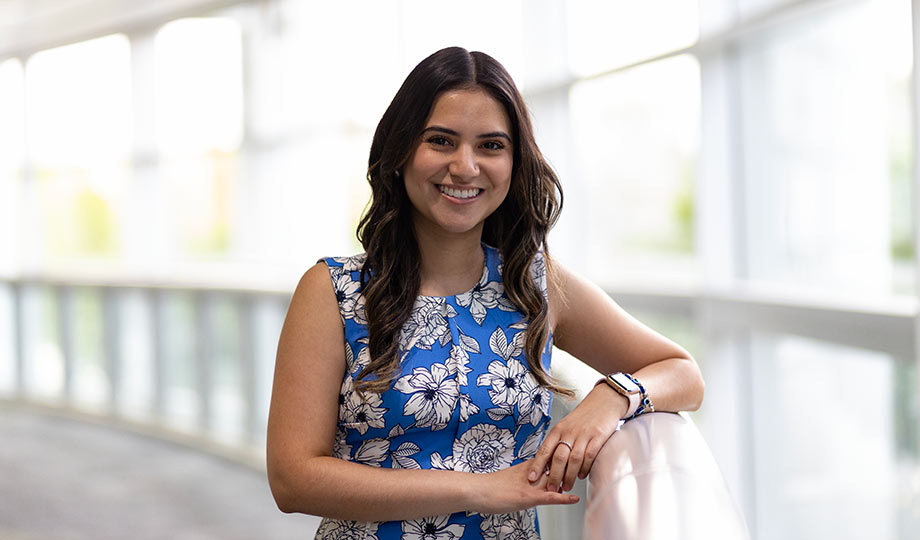

The Accounting program at College of DuPage provides fundamental, advanced education and practice in accounting principles in areas of business, technology and taxation. Accountancy courses consist of bookkeeping, payroll, QuickBooks, income tax return preparation, auditing and more.
Certificate and occupational accounting programs are designed for students who plan to join the workforce immediately after college as accounting clerks, bookkeepers, junior accountants, bank tellers, credit analysts, auditing clerks and tax preparers. The program is also designed for students who are considering changing careers or interested in becoming a Certified Public Accountant (CPA).
Students can also earn an Associate in Arts in Accounting or an Associate in Applied Science degree in accounting.
Employment opportunities are available in public accounting, government, private industry, forensic accounting, finance, management, private and corporate tax preparation.
Why COD Degrees CertificatesWhether you are preparing for a career in accounting, planning to transfer to a four-year college or university or updating your skills, COD offers:
The Accounting Associate in Applied Science degree program prepares students to become accounting clerks, bookkeepers, junior accountants, bank tellers, credit analysts, auditing clerks and tax preparers. Job opportunities exist in accounting firms, manufacturing companies, financial institutions, insurance companies, service organizations and not-for-profit and government agencies.
The Accounting Transfer Pathway, Associate in Arts degree program starts students on the road to becoming professional accountants by providing the first two years of college coursework. Career opportunities for professional accountants include public accountant, auditor, tax specialist, management consultant, internal revenue service agent, financial analyst, credit analyst, cost accountant and budget analyst.
Job opportunities exist in public accounting firms, manufacturing companies, financial institutions, insurance companies, service organizations and not-for-profit and governmental entities. After completing their initial program of study at COD, many students transfer to a four-year institution and earn a bachelor's degree in accounting.
CertificatesThe Paraprofessional Accountant certificate prepares students for positions in bookkeeping, accounting, payroll, or tax preparation services under the direction of a Certified Public Accountant.
The Advanced Accounting certificate is designed for Certified Public Accountant Examination candidates who have already earned a baccalaureate degree.
To be admitted to take the CPA examination, a candidate in Illinois must have successfully completed at least 150 semester hours of acceptable credit, completed a baccalaureate or higher degree, including a minimum number of hours in accounting and business courses.
The Accounting Specialist certificate students for entry-level positions in areas such as accounts payable, accounts receivable, and payroll. Also develops computerized general ledger software skills to complement this role.
The Bookkeeping certificate provides skills to record the financial transactions of a business.
The Business Environment and Concepts certificate is designed for CPA Examination candidates who have a non-business baccalaureate degree.
The Income Tax Preparer Certificate prepares students for entry-level positions preparing income tax and payroll tax returns and general tax form preparation for individuals and small businesses.

“Just know that College of DuPage has faculty that truly cares about their students’ success in and out of the classroom. That’s why I chose COD! And I can’t think of a better place where I could have started." - Nico Falco

“COD helped me find my path and everything I wished for. I hope others students gain a wide perspective and see the great opportunity of education that COD has to offer in many significant ways." - Chanbopha Loera

“At COD, you don’t just learn the material to pass the test. I learned the material, took the test and then applied the knowledge through programs like VITA.” - Samuel Wilson

“COD not only helped me transition from the daily routine of high school to the more independent routine of college, but it also gave me wonderful friends and an incredible mentor, Maureen McBeth. In my two years at College of DuPage, I grew both as a student and a person.” - Bianca Donato

“COD helped me tremendously as I moved toward my educational and career goals. I was able to change major several times freshman year without worrying too much, and after taking my first accounting course, I knew that is what I wanted to pursue.” - Stephanie Przybyla
The first step to getting started in accounting is to apply for admission.
Program Course Map OptionsAcademic and Career Pathways give you a roadmap to achieving your career goals. Follow a pathway based on your degree that outlines which classes you need to take and when so you graduate on time or move on to the next phase in your career.
Accounting Program graduates will:
Demonstrate accounting competencies of the profession that add value to business and contribute to a prosperous society in the following areas: Risk Assessment, Analysis and Management, Measurement Analysis & Interpretation, Reporting, Research, Systems & Process Management, and Technology & Tools
Demonstrate professional competencies that relate to the skills, attitudes and behaviors of accounting professionals in the following areas: Ethical Conduct, Professional Behavior, Decision Making, Collaboration, Communication, and Project Management.
Demonstrate business competencies that relate to the broad business environment in which accounting professionals work in the following areas: Strategic Perspective, Global and Industry Perspectives, Process and Resource Management Perspectives, Government Perspective, and Customer Perspective
College of DuPage has several accountancy transfer agreements in place with four-year colleges and universities to save you time, money and make the transfer process easier.
Many of these agreements with other colleges and universities have specific course requirements and a pre-determined course plan that needs to be followed to be eligible to transfer. Contact a program faculty member or academic advisor to learn more as course requirements vary by institution.

Samuel Wilson explains how College of DuPage helped him succeed to become one of two students to receive COD's outstanding graduate recognition. Through his involvement, Wilson also received a scholarship from the Illinois Community College Faculty Association (ICCFA), awarded to only seven community college students in Illinois annually.
Explore careers based on your interest, location and salary range or view top occupations by income.
Find answers to your frequently asked questions regarding the Accounting program.
What is the difference between an Associate in Arts and an Associate in Applied Science degree in accounting?
An Associate in Arts degree in accounting is usually geared for students who plan to transfer to a four-year university in a residential, full-time program.
The Associate in Applied Science degree is accepted by many local colleges and universities, especially adult part-time programs.
The Associate in Arts degree includes more liberal arts courses, while the Associate in Applied Science degree focuses more on a specialty area.
How do I know if accounting is right for me?You may be well-suited for a career in accounting if you:
Employment prospects for entry-level jobs are competitive. Because of this, you should be prepared academically and you must possess excellent oral and written communication skills and strong computer skills.
To advance in the accounting field, you should plan to continue your education after completing your initial program of study. Educational plans that include transferring to a baccalaureate-granting school will enhance your opportunity for advancement.
Is every course offered every semester?Every accounting course is not offered every semester, but many accounting courses are available each term.
Basic courses are offered every semester. These courses are also offered in day, evening and weekend sessions.
Which courses should I take as a CPA exam candidate?There are specific requirements you must meet to take the CPA exam. Visit CPA Examination Requirements for more information.
How can I obtain more information about accounting at COD?Contact Program Chair Maureen McBeth at (630) 942-2879 or mcbeth@cod.edu for more information on the Accounting program.

Tour campus, attend an information session and apply today.

Discover the cost of college, apply for financial aid or learn about payment plans.

Join a leadership program or club and learn about new student orientation.
![]()
Business and Information Technology